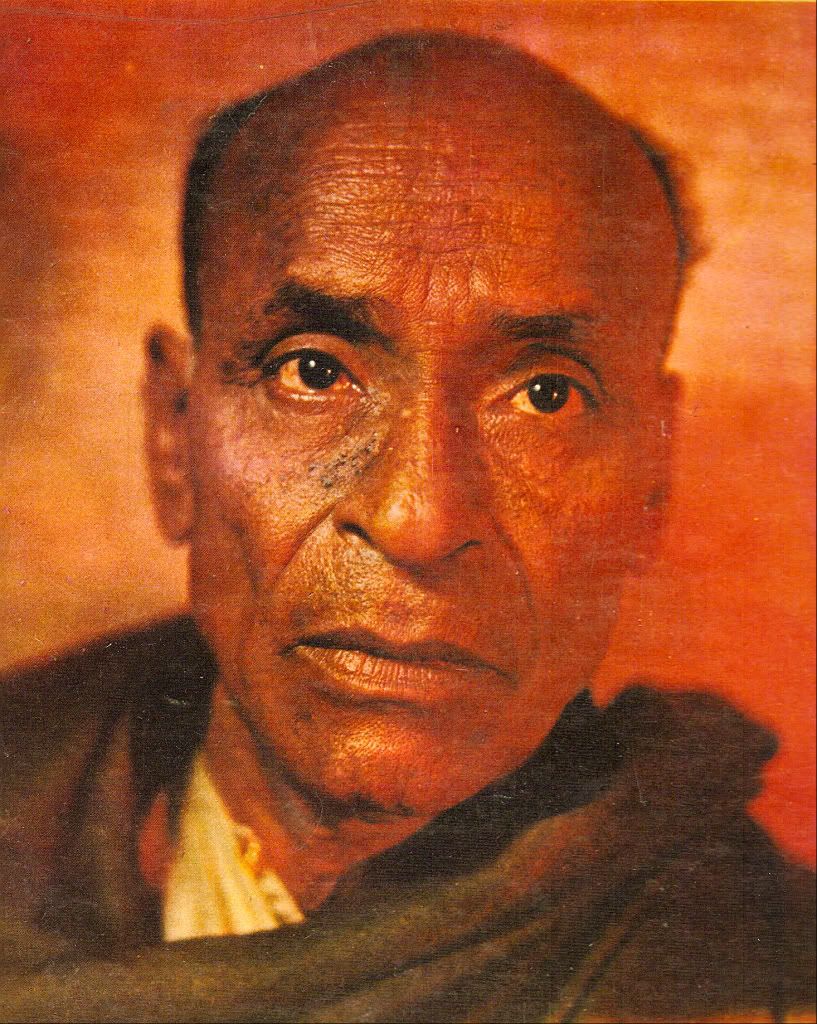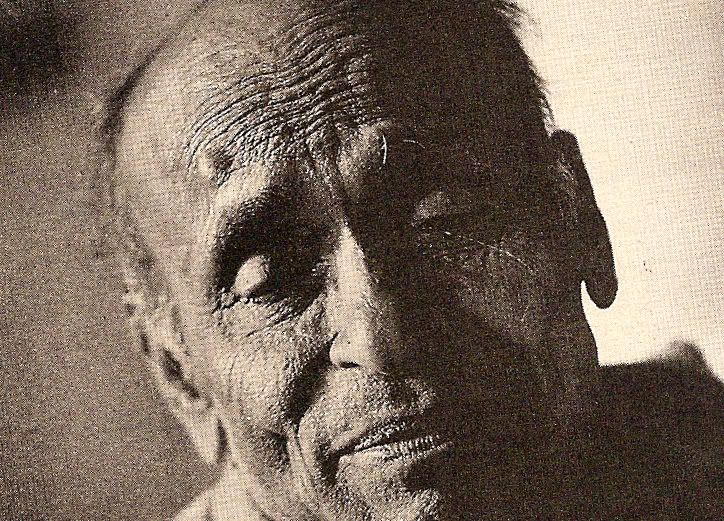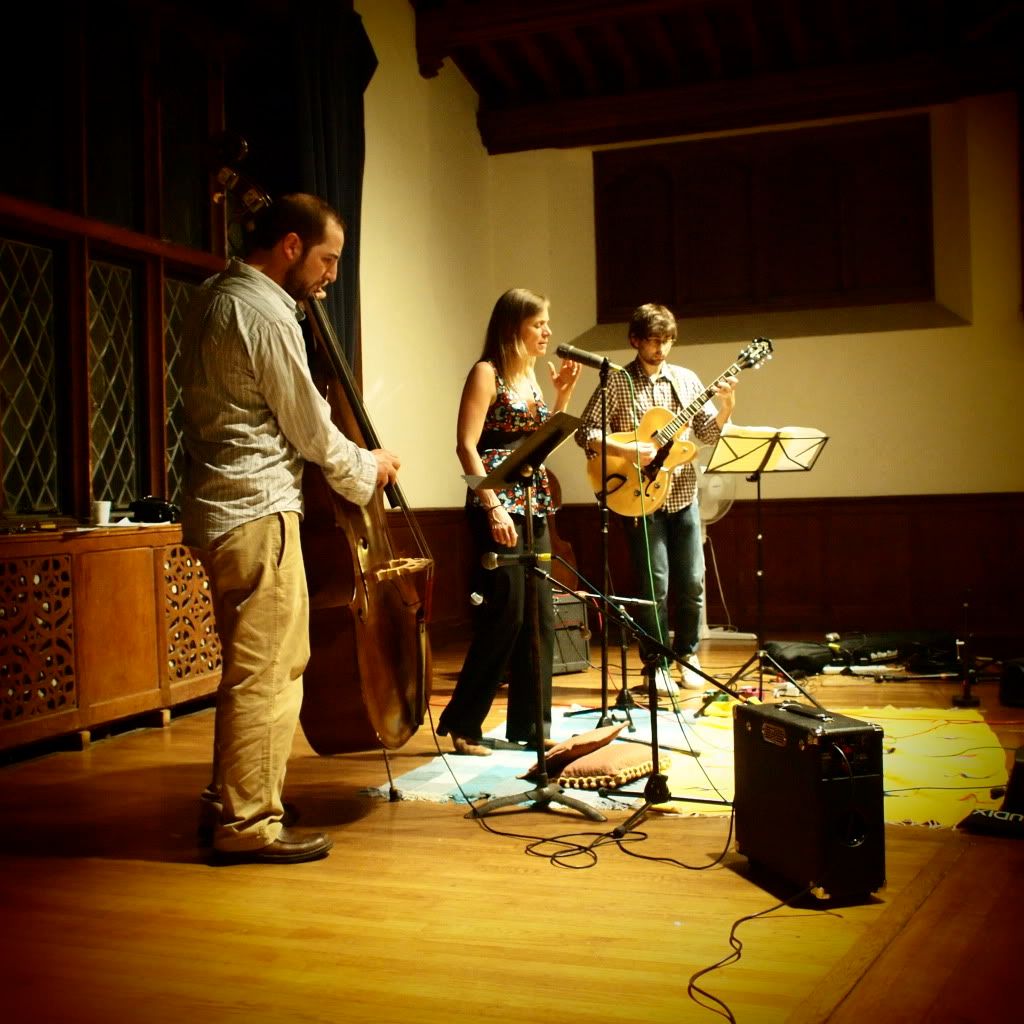India Indian music music vocalists: genius khyal
by Warren
2 comments
Meta
SiteMeter
Brighter Planet
Mallikarjunbua Before Jaipur-Atrauli Training
Here are some more of the 78 prm discs from Mallikarjun Mansur’s early period, when he was still singing Gwalior gayaki. These recordings are utterly delightful.
Gaud Malhar:
Jaunpuri:
Kafi:
Adana:
music vocalists: beauty genius joy reasons to carry on
by Warren
leave a comment
Meta
SiteMeter
Brighter Planet
Thomas Quasthoff and the Alchemy of Song
As a singer and a singing teacher, I have spent decades listening to voices. Voices meek, voices strong. Voices constricted by fear and insecurity, voices filled with exaltation, voices once robust but now vitiated by age or illness. While I’m not an expert on vocal anatomy, I can understand what’s going on inside the voices of anyone I hear.
I’ve listened to more different types of vocal music than most people know exist. Quiz me sometime and I’ll tell you about Sardinian quartets, about Tuvan throat-singing, about Ainu bear ceremonies. I’ve been knocked out by greatness in more genres than you can shake a stick at. I’ve heard vocal geniuses at close range and at a distance.
And today I’d like to tell you about one of them. This guy:

India Indian music music vocalists: genius Jaipur Gharana khyal
by Warren
9 comments
Meta
SiteMeter
Brighter Planet
Singing Is Nothing But Joy: An Appreciation of Mallikarjun Mansur

The first time I heard the music of Pandit Mallikarjun Mansur was in 1978, very early in my study of Hindustani music. I’d taken a survey course on Indian music at the Harvard Extension, and the professor gave me an assortment of vocal music that included Mansur’s rendition of a beautiful rainy-season raga, Gaud Malhar.
It was strikingly different from the other music on the tape. More than any of the other singers represented, this vocalist really seemed to be enjoying himself. There was a rhythmic playfulness that spoke to my jazz-loving self, integrated with the serene aesthetic flow that characterizes Hindustani music. His voice was a high, slightly raspy tenor; his range was relatively narrow; his breath control preternatural.
I asked other people about Mansur. This was the late 1970s, and most of the people I knew in the Indian music community had never heard of him; as it turns out, he had not been performing widely for decades and had only recently returned to the notice of the concertgoing public in India. Over the next few years I gradually acquired tape recordings of his LP records, whetting my appetite for more of this remarkable singer’s remarkable music. Nobody I knew on the Indian tape-trading network had any concert recordings, and the Internets hadn’t been invented yet.

India Indian music music Personal vocalists Warren's music: concerts
by Warren
leave a comment
Meta
SiteMeter
Brighter Planet
I am performing khyal…
…a little later on today at the Chinmaya Mission in Andover, MA.
It’s been fun practicing although I have not really had enough time. Many of the techniques that I discuss in Posts About Practicing really come in handy here in the first part of the twenty-first century, with a kid and a house and a global climate crisis occupying my attention. Ten hours of practice a day, which I used to do back in India in the 1980s, really seems like a mythological accomplishment.
Full report later on…
India Indian music music vocalists: genius Kirana gharana
by Warren
4 comments
Meta
SiteMeter
Brighter Planet
Sureshbabu Mane
This recording of the Bhairavi thumri “Baju band khul khul jaa” is really exquisite. Sureshbabu’s vocal quality is very much like that of his father Abdul Karim Khan, but there is a relaxed sweetness that is unique.
Sureshbabu Mane (1902 – 1953) was a prominent Hindustāni classical music singer of Kirānā Gharānā in India.
Sureshbabu was born as Abdul Rehmān to Kirana Gharana master Ustād Abdul Karim Khān and Tārābāi Māne. Tarabai was the daughter of Sardār Māruti Rāo Māne, a brother of princely Barodā state’s “Rajmātā” during the middle of the 19th century. Abdul Karim Khan was the court musician in Baroda when Tarabai was young, and he taught her music. The two fell in love and decided to get married; but Tarabai’s parents disapproved of the alliance, and the couple had to leave the state (along with Abdul Karim’s brother, Ustād Abdul Haq Khān). The couple moved to Bombay (Mumbai), and had two sons: Suresh or Abdul Rehmān, and Krishnā; and three daughters: Champākali, Gulāb, and Sakinā or Chhotutāi. In their adult lives, the five respectively became known as Sureshbābu Māne, Krishnarāo Māne, Hirābāi Badodekar, Kamalābāi Badodekar, and Sarswatibāi Rāne.
His pronunciation is very soft, a characteristic of many Kirana style singers who embodied the notion that clear articulation of the words detracted from qualities of intonation. This is a highly vowel-oriented style!
Sureshbabu was an avocational alchemist, a tragic hobby that may have contributed to his early death through exposure to toxic chemicals. It’s trite but accurate to remark that his real alchemy was in the realm of musical expression; I have rarely heard such a haunting version of this thumri.
I used to visit Hirabai Barodekar’s house in Pune fairly often when I was living there. She was a very old lady at the time; I sang for her once just after I’d arrived and she was kind and polite in her responses. Her grandson Nishikant Barodekar was on his way to becoming a very well-regarded tabliya.
Indian music music vocalists: Bhimsen Joshi
by Warren
leave a comment
Meta
SiteMeter
Brighter Planet
A Radio Moment
My appearance on PRI’s “The World” discussing Bhimsen Joshi.
India Indian music music Personal vocalists: obituary
by Warren
31 comments
Meta
SiteMeter
Brighter Planet
Bhimsen Joshi, 1922-2011. R.I.P.
At 8 AM on Monday the great Hindustani vocalist Bhimsen Joshi died in Sayahadri Hospital in his home city of Pune. He was 89, and a few weeks shy of his 90th birthday.
One of the most celebrated musicians of the twentieth century, Pandit Joshi was known as an impassioned and technically brilliant singer whose voice could execute anything that came to his mercurial and visionary imagination. His renditions of the traditional ragas of Hindustani music were filled with unexpected twists and turns, and he excelled at the expression of emotional nuance; his uniquely recognizable voice seemed to have its own built-in echo chamber. His last public performance was in 2007, sixty-six years after his stage debut at age 19.
Originally from a small town in Karnataka state, he ran away from home at age eleven, searching for music. more »
Jazz music vocalists: genius
by Warren
leave a comment
Meta
SiteMeter
Brighter Planet
The Man Who Made James Moody “James Moody”
Here’s a little classic from King Pleasure:
Jazz music vocalists: genius
by Warren
leave a comment
Meta
SiteMeter
Brighter Planet
Without Music…
…why go on?
Have some Sheila Jordan. Steve Elman introduced me to her music years ago and I have always been a big fan of her work. She never over-sings…and always communicates perfectly.
A tribute to Billie Holiday
Sheila Jordan grew up in Summerhill, Pennsylvania before returning to her birthplace in 1940/41 playing the piano and singing semi-professionally in Detroit clubs. She was influenced by Charlie Parker and was part of a trio called Skeeter, Mitch and Jean (she was Jean) which composed lyrics to Parker’s Arrangements. Sheila also claimed in her song “Sheila’s Blues” that Charlie Parker wrote the song, “Chasing the Bird” for her, as she and her friends were known to chase him around the jazz clubs in the 1940s.
In 1951 she moved to New York and started studying harmony and music theory taught by Lennie Tristano and Charles Mingus. From 1952 to 1962 she was married to Charlie Parker’s pianist Duke Jordan.
In the early 1960s she had gigs and sessions in the Page Three Club in Greenwich Village, where she was performing with pianist Herbie Nichols,[3] and was working in different clubs and bars in New York.
In 1962 she was discovered by George Russell who did a recording of the song “You Are My Sunshine” with her on his album The Outer View (Riverside). Later that year she recorded the Portrait of Sheila album (recorded in September 19 and October 12, 1962) which was sold to Blue Note.[4]
Wiki
1992. Her brilliant duet with bassist Harvie Swartz: “Let’s Face The Music And Dance,” “Cheek to Cheek,” “I’ve Grown Accustomed to (the Bass).”
I greatly enjoy her handling of folk and traditional material. This is her version of “The Water Is Wide.”
environment Jazz June 12 Action music vocalists
by Warren
leave a comment
Meta
SiteMeter
Brighter Planet
Dominique Eade’s Set (excerpt)

Because of technical issues, only these two tunes from Dominique Eade’s wonderful set at the “Singing For The Planet” concert are available. She is accompanied very sympathetically and supportively by Will Graefe on guitar and Will Slater on bass.
Here is her version of Hoagy Carmichael’s “Buttermilk Sky,” a song which I’d never heard before.
This is her original piece, called “The River.” She begins with some nice singing and kalimba:
The other performances from “Singing For The Planet” can be found here:
